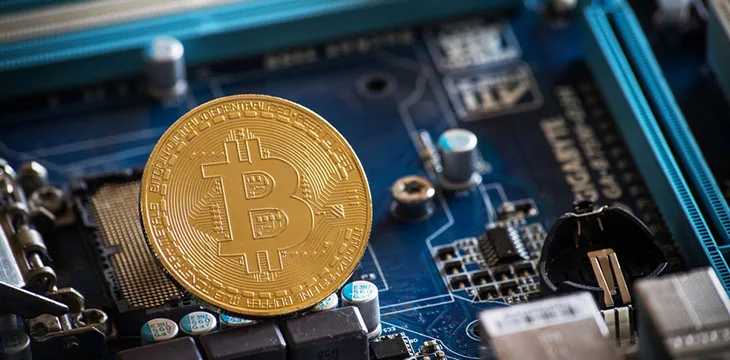|
Getting your Trinity Audio player ready...
|
The legislative session for both the Texas Senate and House of Representatives has ended, but the state of two critical draft bills targeting the digital asset industry is still in limbo.
The Texas Legislature meets in regular sessions for five months every other year. These sessions last no more than 140 days, and this year, they ended on May 29. While property taxes, impeachments, and border security dominated proceedings in the last few weeks, two landmark bills targeting digital assets have been left in limbo. The two chambers are expected to reconvene in January 2025.
The controversial Senate Bill 1751 called for the state grid operator ERCOT to nix the tax breaks it has been offering BTC block reward miners. ERCOT has been paying off the miners for giving up their power when the state electricity demand is high, effectively paying them for not mining. Riot Platforms (NASDAQ: RIOT) reportedly exploited the scheme to rake in $9.5 million in 2022.
The bill also seeks to remove tax exemptions from the real estate on which mining facilities are located.
The bill has received widespread support from the lawmakers. The Texas Senate Committee on Business and Commerce voted unanimously in favor and sent it to the state Senate where it was yet to be voted on.
With the legislative session now closed for the year, Senate Bill 1751 will likely remain untouched until 2025. In the meantime, miners will continue enjoying the perks offered by ERCOT. Governor Greg Abbott could recall the legislators for a special session, but it’s likely he would focus only on major policy issues.
House Bill 1666, which targets ‘crypto’ exchanges, made it through both chambers before the session ended. The bill requires exchanges to hold reserves that meet all their customer obligations. It was sent to Gov. Abbott over a week ago, and he has 20 days to sign it into law or veto it. If he takes no action in that time, it becomes a de facto law.
U.S. governors are no strangers to throwing out digital asset bills. In March, South Dakota Governor Kristi Noem vetoed a bill that would have exempted digital currencies from being termed “money.” California’s Gavin Newsom also rejected the state’s version of New York’s BitLicense bill last year.
Watch: Engineering goodness with Bitcoin Association’s Brett Banfe

 02-20-2026
02-20-2026 




